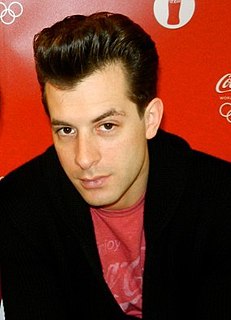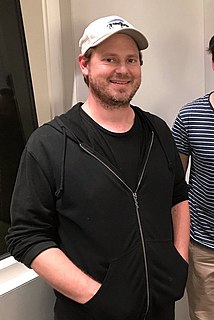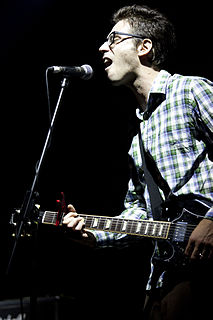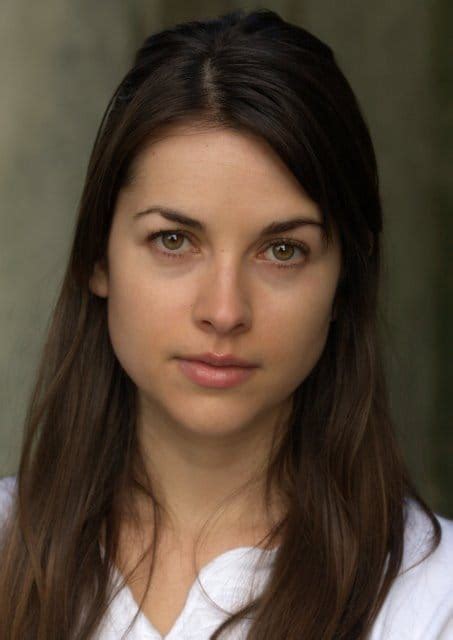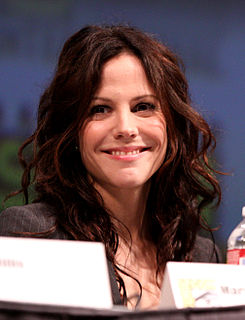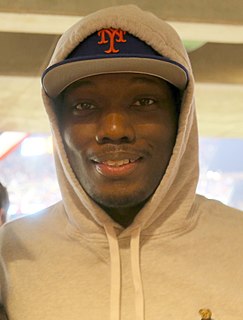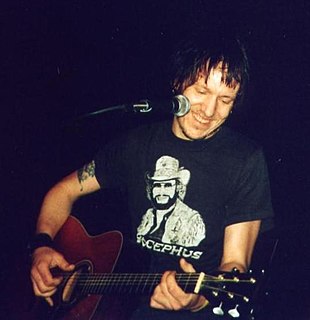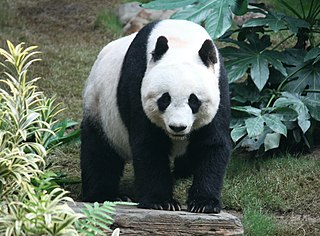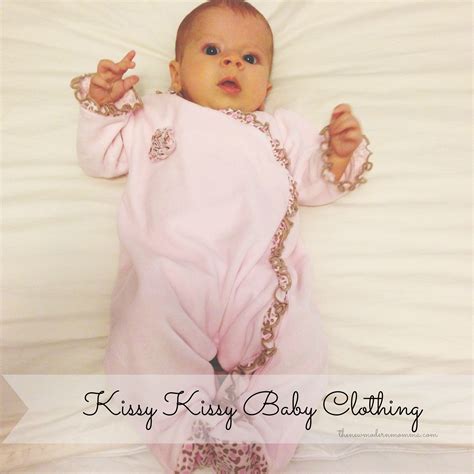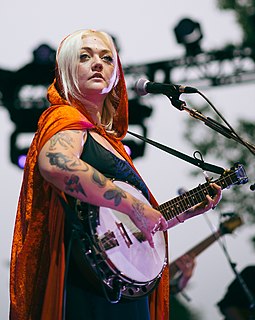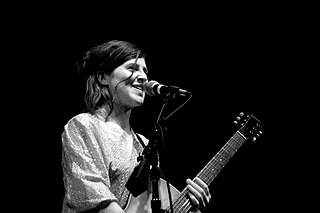A Quote by Mark Ronson
Then, you know, the other more-traditional role of the producer in, like, the kind of Quincy Jones sense is kind of part arranger. So you're coming up with, like, these - you hear these songs that are quite bare-bones, and you dream up what's the band doing? What's the rhythm section doing? What's the guitars, strings, pianos - that sort of thing. It's almost like a little toolbox.
Related Quotes
Every time I've done comedy in, like, traditional comedy clubs, there's always these comedians that do really well with audiences but that the other comedians hate because they're just, you know, doing kind of cheap stuff like dancing around or doing, like, very kind of base sex humor a lot, and stuff like that.
So when I was working with Amy Winehouse on "Back To Black," you know, she had all these beautiful songs, incredibly well-written and just her on an acoustic, nylon-string guitar. And she'd play them for me, and then I would kind of drum up my idea of what I thought - make a demo with what I thought the drums should be doing, the guitars - like, quite a crude demo.
There's probably some buried conservative inside of me, coming out like a little gremlin in my belly that I've suppressed. This is a sort of character I've done before: He's kind of dumb and he's kind of arrogant, and a little seedy. A little coke-y. He's gotten into the cocaine or he's had too much coffee. It's been pretty fun. Not all the songs are like that but it sort of creeps in there.
My dream right now is - and I don't know how to do it, and I don't know if it will work exactly - but just this sort of vague aspiration to start some kind of website where people send in their stories or poems, and me or perhaps some other people turn that into music. And then by the end of the year we make a record and actually put it out. Like a band, but the band is actually a combination of the musician and the fan. I think that's a very 21st-century way of doing it.
I've been doing four-track songs by myself since I was like a teenager, where I'd sing in a way that I ... I just didn't think other people would like it, so I didn't play it for them but eventually I got over that, which I'm happy that I did, because it's kind of a drag to be playing a kind of music that you don't really like as much as another kind.
The most inspiring drummer for me is Stewart Copeland from The Police. The Police are the first band I can remember really liking, and Copeland is a guy who was playing in sort of a rock band, or a rock-pop band, but he didn't want to do the traditional kind of rock drumbeat. He was doing all these kind of reggae rhythms, and the reggae style is almost an exact opposite of the rock mold of drumming.
I do notice that my songs fit all over the map, even in terms of the colloquialisms in them. The songs come out with their references intact, almost unheeded by me. It's like they existed somehow before they met me with their relationship to the tradition, and then they just end up coming through me at that moment because of my relationship to some certain kind of music that I've listened to in my life. I know that sounds a little bit woooey.
